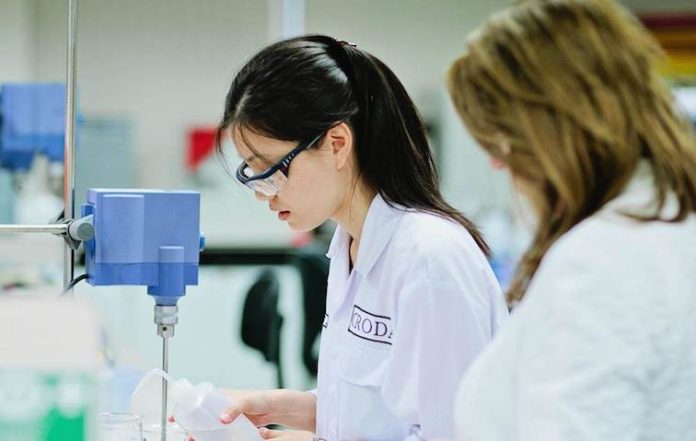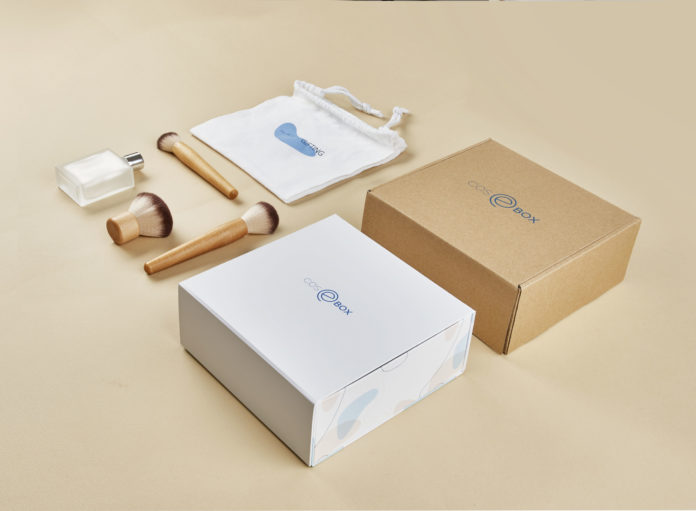The French compounding house TechnicoFlor announces its merger with Azelis, one of the world leaders in the distribution of ingredients, fragrances and food flavors, to conquer the perfumery, cosmetics and hygiene sector in Africa. A market estimated at 12 billion dollars.
TechnicoFlor is a group specialized in the creation of perfumed compositions, plant extracts, aromatic raw materials and food flavors. For 40 years, TechnicoFlor has been supplying the biggest names in perfumery, cosmetics and hygiene. Its creations are used in numerous applications throughout the world: perfumes, skincare & cosmetics, hygiene products (shower gels, deodorants, shampoos, hair styling products), home fragrances and cleaning products (detergents, softeners, cleaners, etc.). The group has been present on the African market for 30 years, particularly in North Africa and Egypt, and is now strengthening its presence on this promising continent.
With 1.4 billion people with a median age of less than 20 years, Africa is indeed one of the most dynamic continents in the world in terms of growth. The demand for cosmetic and personal care products represents a $12 billion market, growing at an average of 10 % per year since 2017 while the global industry average is less than 5 %.
A stronger presence in nine African countries
To support its development, TechnicoFlor has chosen Azelis, a leader for 25 years in the distribution of ingredients, fragrances and food flavors in more than 50 countries around the world, for its technical expertise and its knowledge of specific markets; a player combining international scope and local roots with which TechnicoFlor has been working since January 2021, particularly in Saudi Arabia, Lebanon, and Jordan
This new partnership will allow TechnicoFlor to position itself in nine African countries: Algeria, Morocco, Tunisia, Ivory Coast, Kenya, Ghana, Senegal, South Africa and Nigeria. "TechnicoFlor's objective is to offer international manufacturers and local players present in Africa, creations for selective perfumery and more functional perfumery, as well as storage solutions on site thanks to our partner's infrastructure.explains Christopher Sabater, Director for the Middle East and Africa at TechnicoFlor.
A continent fond of greedy and fruity notes
"In terms of olfactory trends, although each country on the continent has its own particularities, general trends stand out: in selective perfumery, gourmand and red fruit notes are the most popular; in cosmetics, aloe vera and avocado are sought after, particularly for their nourishing properties; finally, in the cleaning and detergent products segment, the so-called "medicated" lemon notes (eucalyptus, pine, etc.) are the most popular.says Romain Ferrier, Africa Zone Manager at TechnicoFlor. This will challenge the group's eight perfumers in their creativity.
This new partnership strengthens TechnicoFlor's international influence. Already established in Marseille, Paris, Moscow, Dubai, Singapore, Jakarta, Bangkok, Shanghai and Beauteville China, the group, which distributes its fragrances in more than 70 countries in Europe, Asia, the Middle East and Africa, aims to generate 15 % of its turnover in Africa with the opening of these new markets, compared to the current 2.4 %.
In parallel to this development, TechnicoFlor is preparing the opening, in May 2021, of its new production center in the north-east of Marseille: a highly technological factory of 5,000 m² that will allow the group to produce its fragrance compositions in only four days and to supply its customers in record time.








